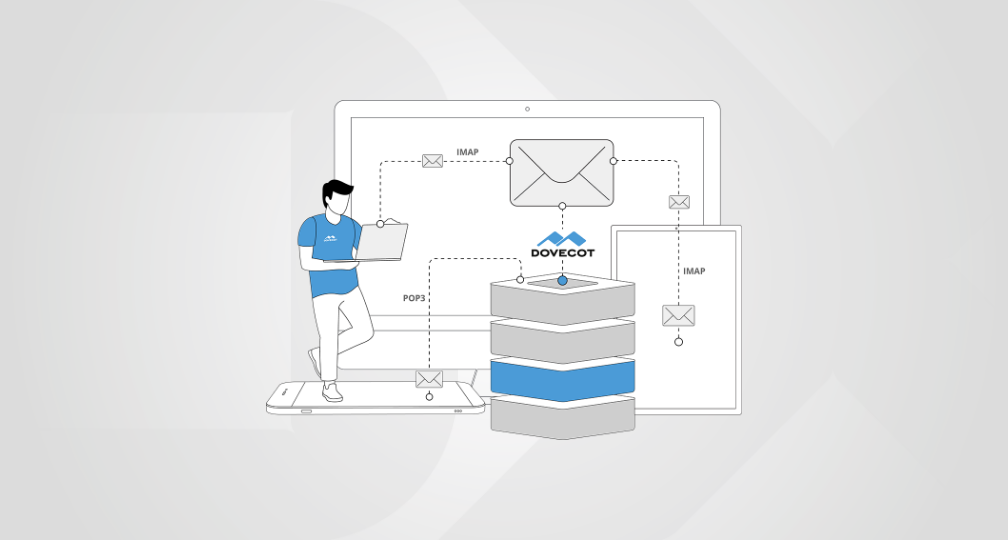Recently Open-Xchange had the honour to be invited to present views and proposals at a stakeholder roundtable at the European Parliament, alongside the biggest global players in the Internet space. The topic was a very important one: the proposed EU ePrivacy Regulation, that aims to ensure increased protection for the confidentiality of communications across new messaging systems and traditional telecom operators.
As I was invited to speak on behalf of our company, I prepared a detailed statement that you can read here. My focus was on the principle of “privacy by design and default”, especially as it applies to email and other Internet messaging systems.
We strongly support the ePrivacy Regulation and the “privacy by design and default” principle as a cornerstone for the design of good, user-friendly Internet services. This principle, when effectively employed, can empower European citizens to take better control of their digital lives. We also think that a commitment to privacy such as this would be to the advantage of European businesses in a globally competitive market. There is a growing market for privacy as businesses and individuals grow more concerned by surveillance. Europe has the chance to create a safe-haven for personal and commercial data that is valued globally.
As such, we see no tension between user privacy and business interests or economic growth. Any data-driven service that really creates value for its users will have no problems in getting their voluntary consent. Proper data protection is crucial for establishing a trusting relationship with users. Positive long-term customer relationships can only be based on trust. This is why Open-Xchange whole-heartedly supports the proposal of a new ePrivacy Regulation, including the extensions proposed by the European privacy authorities.
We believe that outlawing data interception is not enough: communications providers should be required by law to implement a specific set of technologies to protect the privacy of their users. A central component of this should be encryption, based around open standards, for data that is both in transit and in storage – Open-Xchange has been promoting this for some time through the Trusted Email Services (TES) project.
We also recognize that advertising-supported services are a ubiquitous feature of the internet and should continue to be viable in ways that do not breach the user’s privacy. As such, targeted advertising without the consent of the user cannot be accepted, but new alternative models for content compensation over the Internet should be developed. These would allow users to choose whether to accept privacy-friendly advertising or to pay for content in order to avoid it. We should build appropriate technical and legal infrastructure so that users can communicate their advertising preferences, and service providers can react accordingly.
It was a privilege to be invited to give my counsel to the legislators around this vitally important upcoming regulation. Digital privacy will shape the future of Europe and the world at large. It’s crucial that we lay the right foundations for it to flourish in the coming years.





